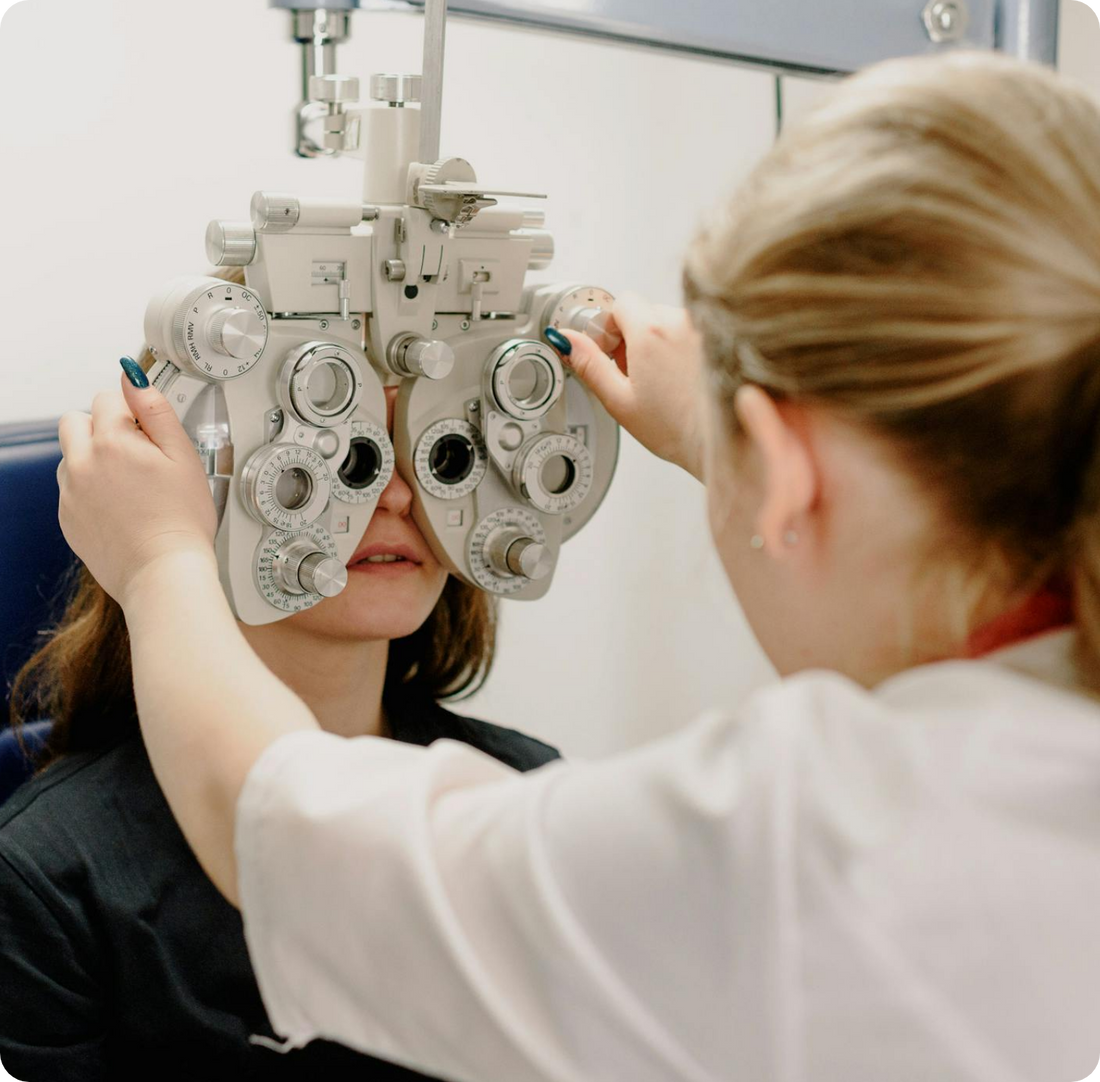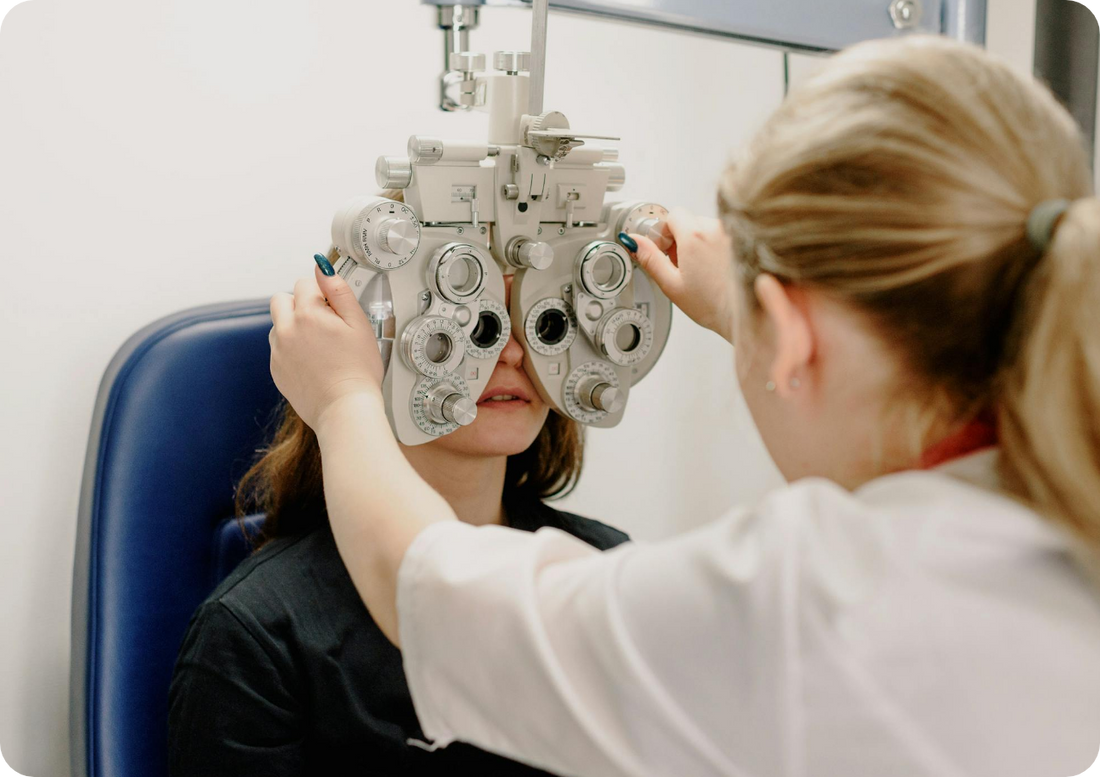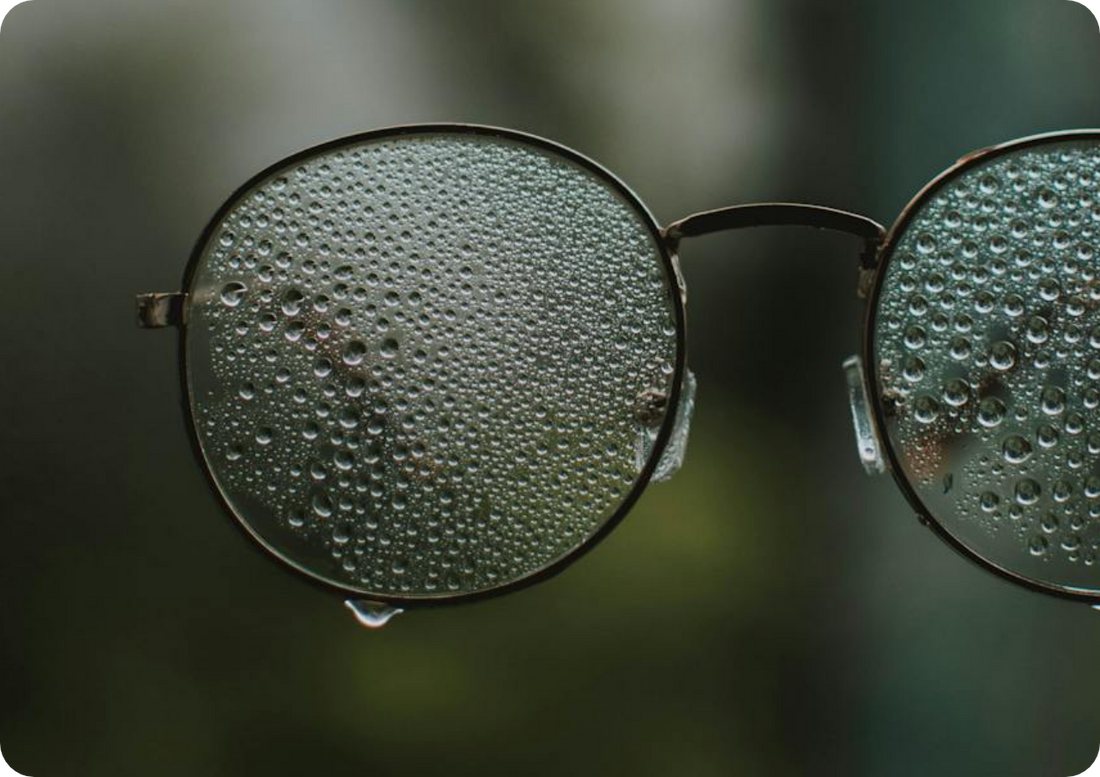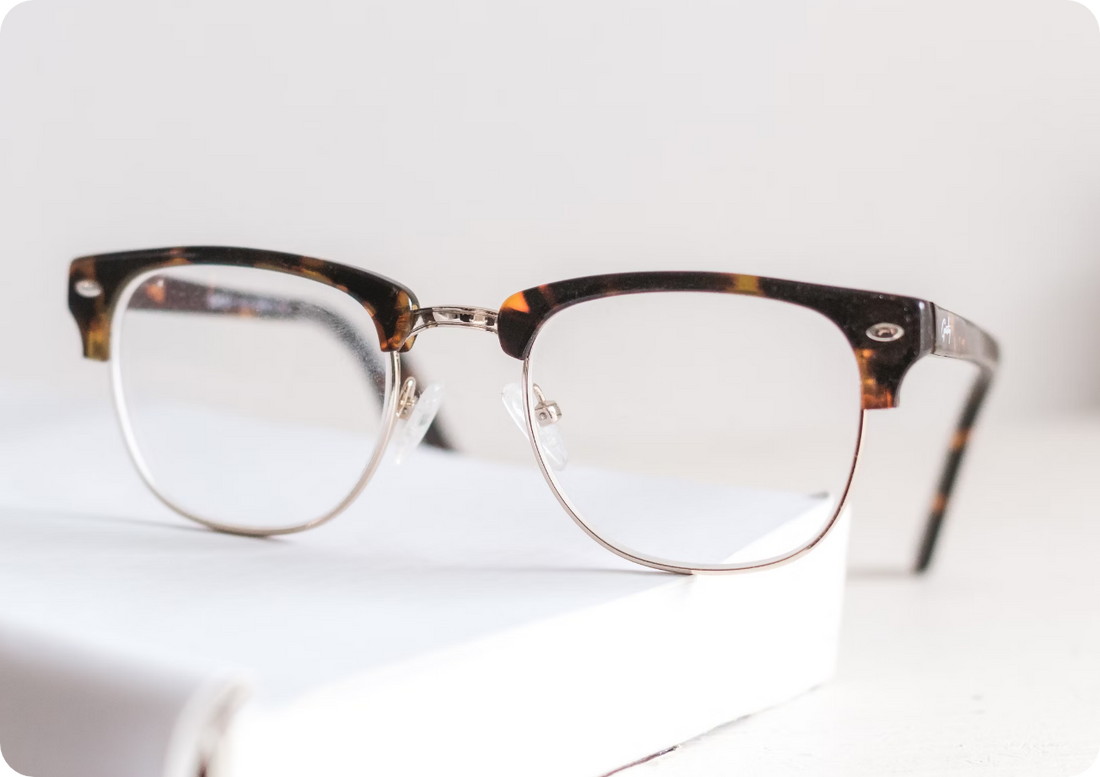It is hard to overstate the importance of our ability to see. The wonders of the world are first experienced by us through the miracle of sight and most of us cannot even imagine a life in which we are not “seeing” as we are living.
Naturally, it is vital that we choose the right way to deal with our eye problems. Choosing the right doctor for your eye problems is the first step one should take on the path to correct your eyesight. That being said, it is not common knowledge which type of eye doctor is trained to deal with what kind of an eye problem.
We did the research for you. Mainly the following kinds of eye doctors are available for some common eye problems.
OPHTHALMOLOGIST
Eye M.D : Ophthalmologist is a medical (or osteopathic) doctor specializing in eye and vision care. An ophthalmologist trains for much longer than other eye doctors and can treat a wider range of diseases and problems dealing with eyes and vision. Ophthalmologists are licensed to practice medicine and surgery after completing medical college and eight years of additional medical training.
You can go to an ophthalmologist for diagnosis and treatment of eye diseases, surgeries of the eye or even to find out your prescription for glasses or contact lenses. Being fully-fledged medical doctors, many ophthalmologists are even involved in scientific research regarding eye diseases and vision problems.
Sub-Specialists complete more in-depth training called fellowship in what are called subspecialty areas like glaucoma, retina, cornea, pediatrics, neurology and plastic surgery among others. These subspecialists are summoned when more complex or specific conditions need to be treated.
OPTOMETRIST
Although not as well trained as ophthalmologists, an optometrist is a healthcare professional who can take care of common eye problems such as sight testing and correction along with diagnosis and treatment of vision changes. It should be noted: an optometrist is not a medical doctor.
An optometrist has completed and achieved a doctor of optometry (OD) degree after completing four years of optometry school, which is after completing four years of college.
An optometrist is licensed to practice optometry which involves performing eye exams and vision tests, prescribing and dispensing corrective lenses. They are even competent enough to detect certain eye abnormalities and prescribe medicine for eye diseases.
OPTICIAN
Trained to design, verify and fit eyeglass lenses and frame along with contact lenses and other devices to correct eyesight, Opticians are primarily technicians.
An Optician cannot write prescriptions or diagnose and treat eye diseases. They use prescriptions written by ophthalmologists or optometrists for visual correction.
Taking care of your vision should be one of the highest priorities for every person on this planet. The gift of vision can often be taken for granted but even the prospect of losing a part of your vision is bound to scare you out of your wits. It is indeed a wonderful sense.
GET YOUR EYES TESTED SOONER THAN LATER
Please take care of your eyes and vision. Go to the eye doctor TODAY for an eye exam and get on top of any diseases which may be waiting for you in the future. Please go to the doctor if you have faced one of these problems:
- Bulging of one or both of your eyes
- Dark curtain or veil that blocks your vision
- Decreased vision, even if temporary
- You have diabetes
- Distorted vision
- Excessive watering of the eyes
- Abnormal eyelids
- Family history of eye diseases
- Halos around lights
- High blood pressure
- HIV or AIDS
- Injury to the eye
- Loss of peripheral (side vision)
- Misaligned eyes
- New floaters or flashes of light
- Pain the eyes
- Thyroid-related eye diseases
- Unusual red eyes
A complete eye exam done by an Eye MD may be the first step you take towards saving your vision!
After Changing
What Is The Difference Between Optometrists Vs Ophthalmologists Vs Opticians?
It is hard to overstate the importance of our ability to see. The wonders of the world are first experienced by us through the miracle of sight and most of us cannot even imagine a life in which we are not “seeing” as we are living.
Naturally, it is vital that we choose the right way to deal with our eye problems. Choosing the right doctor for your eye problems is the first step one should take on the path to correct your eyesight. That being said, it is not common knowledge which type of eye doctor is trained to deal with what kind of an eye problem.
We did the research for you. Mainly the following kinds of eye doctors are available for some common eye problems.
OPHTHALMOLOGIST
An Eye M.D: An ophthalmologist is a medical doctor specializing in eye and vision care. With extensive training, they can address a broad range of eye diseases and issues. After completing medical college and eight years of additional training, they are licensed to practice medicine and surgery.
Ophthalmologists handle diagnoses, treatments, surgeries, and even prescribe glasses or contact lenses. Many are involved in scientific research on eye diseases and vision problems. Sub-specialists, with further training, focus on specific areas like glaucoma, retina, cornea, pediatrics, neurology, and plastic surgery for more complex conditions.
OPTOMETRIST
While not as extensively trained as ophthalmologists, an optometrist is a healthcare professional handling common eye issues like sight testing, correction, and diagnosing vision changes. Importantly, an optometrist is not a medical doctor.
Optometrists earn a Doctor of Optometry (OD) degree after completing four years of optometry school, following four years of college.
Licensed to practice optometry, they conduct eye exams, vision tests, and prescribe/dispense corrective lenses. Optometrists can also detect certain eye abnormalities and prescribe medication for eye diseases.
OPTICIAN
Trained to design, verify and fit eyeglass lenses and frame along with contact lenses and other devices to correct eyesight, Opticians are primarily technicians.
An Optician cannot write prescriptions or diagnose and treat eye diseases. They use prescriptions written by ophthalmologists or optometrists for visual correction.
Caring for your vision is crucial. The gift of sight is sometimes overlooked, but the thought of losing it can be terrifying. Vision is truly a wonderful sense. Prioritize your eye health.
GET YOUR EYES TESTED SOONER THAN LATER
Take care of your eyes and vision. Schedule an eye exam today to proactively address potential future diseases. If you've experienced any of these issues, please see a doctor:
- Bulging of one or both of your eyes
- Dark curtain or veil that blocks your vision
- Decreased vision, even if temporary
- You have diabetes
- Distorted vision
- Excessive watering of the eyes
- Abnormal eyelids
- Family history of eye diseases
- Halos around lights
- High blood pressure
- HIV or AIDS
- Injury to the eye
- Loss of peripheral (side vision)
- Misaligned eyes
- New floaters or flashes of light
- Pain the eyes
- Thyroid-related eye diseases
- Unusual red eyes
A complete eye exam done by an Eye MD may be the first step you take towards saving your vision!







